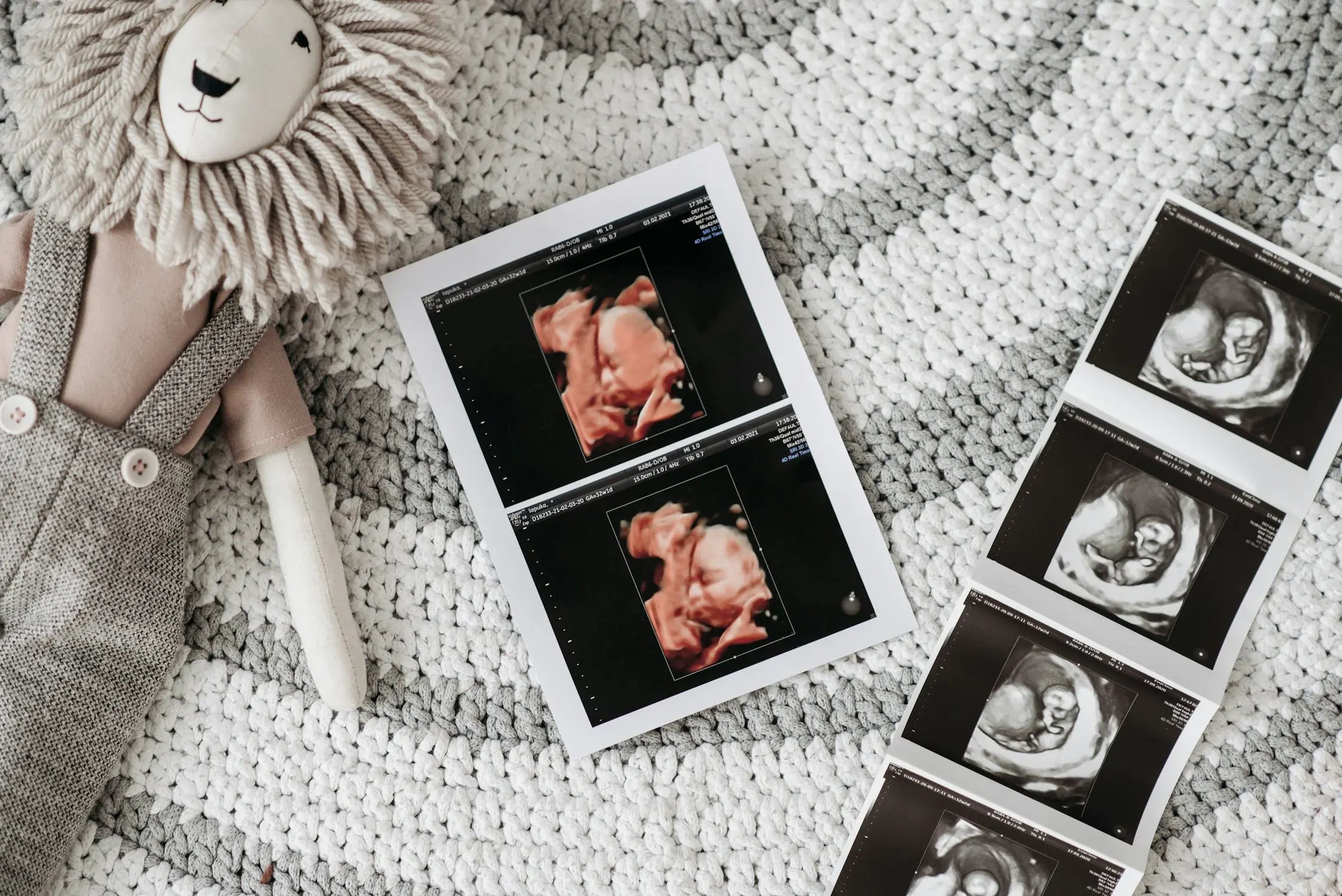Accueil
Pregnancy, Breastfeeding, and Pumping: The Ultimate Guide for Moms
How Many Days After Conception Can I Take Pregnancy Test

How Many Days After Conception Can I Take Pregnancy Test
For many women, the anticipation of discovering whether they are pregnant can be both exciting and nerve-wracking. Knowing when to take a pregnancy test after conception is crucial to ensure accurate results. This article will guide you through the science of conception, the timeline for testing, and tips to maximize the reliability of your results.
Understanding Conception and Implantation
Conception occurs when a sperm fertilizes an egg, typically in the fallopian tube. After fertilization, the fertilized egg, now called a zygote, begins to divide and travel toward the uterus. This journey takes about 6-12 days, after which the zygote implants itself into the uterine lining. This process is known as implantation.
Once implantation occurs, the body starts producing human chorionic gonadotropin (hCG), a hormone that pregnancy tests detect. The levels of hCG increase rapidly in the early stages of pregnancy, doubling approximately every 48 hours. However, it takes time for hCG to reach detectable levels in urine or blood.
When Can You Take a Pregnancy Test After Conception?
The timing of when you can take a pregnancy test depends on several factors, including the sensitivity of the test and the accuracy of your conception date. Here’s a breakdown of the timeline:
- 6-8 Days After Conception: Blood tests can detect hCG as early as 6-8 days after conception. These tests are typically performed in a healthcare setting and are highly sensitive.
- 10-14 Days After Conception: Most home pregnancy tests can detect hCG in urine around 10-14 days after conception. This is roughly equivalent to the first day of a missed period.
It’s important to note that testing too early can result in a false negative, as hCG levels may not yet be high enough to detect. Waiting until after your missed period increases the likelihood of an accurate result.
Factors That Affect Test Accuracy
Several factors can influence the accuracy of a pregnancy test, including:
- Test Sensitivity: Different tests have varying levels of sensitivity to hCG. Some tests can detect lower levels of hCG, making them more accurate earlier in pregnancy.
- Timing of Testing: Testing first thing in the morning, when urine is most concentrated, can improve accuracy.
- User Error: Incorrect usage of the test, such as not following instructions or misreading results, can lead to inaccurate outcomes.
Tips for Taking a Pregnancy Test
To maximize the accuracy of your pregnancy test, follow these tips:
- Wait for the Right Time: Avoid testing too early. Wait until at least 10-14 days after conception or the first day of your missed period.
- Use a High-Sensitivity Test: Choose a test with a low hCG detection threshold for earlier and more accurate results.
- Follow Instructions Carefully: Read and follow the test instructions precisely to avoid errors.
- Test in the Morning: Use your first-morning urine for the most concentrated hCG levels.
- Confirm with a Second Test: If you receive a positive result, confirm it with a second test or a visit to your healthcare provider.
What to Do After a Positive Test
If your pregnancy test is positive, it’s time to take the next steps toward ensuring a healthy pregnancy. Schedule an appointment with your healthcare provider to confirm the pregnancy and begin prenatal care. Your provider can offer guidance on nutrition, lifestyle changes, and prenatal vitamins to support your pregnancy.
Additionally, consider reaching out to a support network of family, friends, or online communities to share your journey and seek advice. Pregnancy is a transformative experience, and having a strong support system can make all the difference.
What If the Test Is Negative?
A negative test result can be disappointing, especially if you’ve been trying to conceive. However, it’s important to remember that a negative result doesn’t necessarily mean you’re not pregnant. If you tested too early, hCG levels may not have been detectable. Wait a few days and test again if your period hasn’t arrived.
If you continue to receive negative results and suspect you may have fertility issues, consult your healthcare provider. They can perform additional tests and offer guidance on fertility treatments or lifestyle changes to improve your chances of conception.
Emotional Considerations
Taking a pregnancy test can be an emotional experience, regardless of the result. It’s normal to feel a mix of excitement, anxiety, and uncertainty. Be kind to yourself and allow yourself to process your emotions. If you’re struggling, consider speaking with a counselor or therapist who specializes in fertility or pregnancy-related issues.
Remember, you’re not alone in this journey. Many women experience similar feelings, and there are resources and support systems available to help you navigate this time.
Knowing when to take a pregnancy test after conception is key to obtaining accurate results. By understanding the science behind conception, the timeline for testing, and the factors that affect accuracy, you can approach this milestone with confidence. Whether your test is positive or negative, remember that this is just one step in your journey. Take care of yourself, seek support when needed, and trust that you’re doing your best.
Partager
